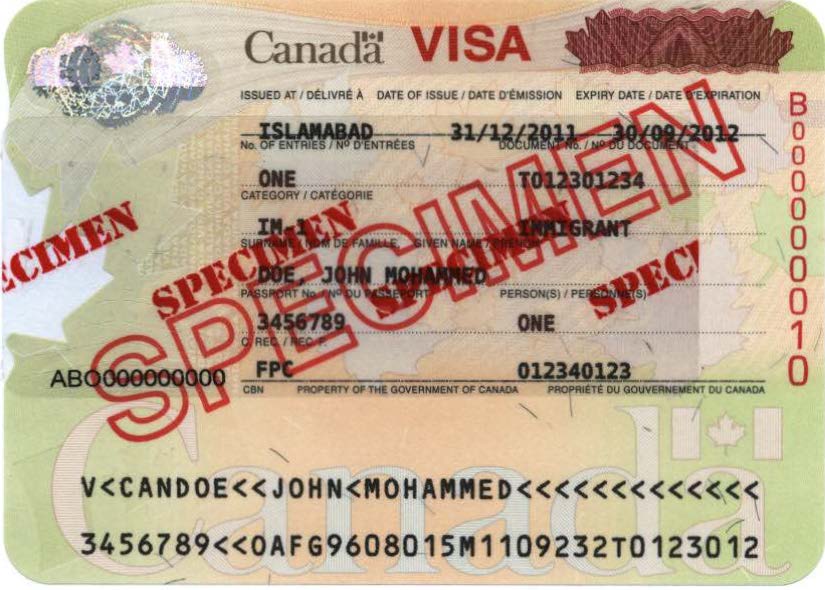Canada Immigration Exceptional Circumstances
> Library > Exceptional Circumstances
Exceptional Circumstances Other than exceptional circumstances, a citizenship applicant must have accumulated three years (1095 days) of physical presence in Canada in the four years preceding the date of application. An applicant may be absent from Canada and still maintain residency for citizenship purposes in certain exceptional circumstances. In assessing whether the absences of an applicant fall within the allowable exceptions, the following six criteria are used to as the test: Was the individual physically present in Canada for a long enough period prior to recent absences which occurred immediately before the application for citizenship? Example: An applicant lived here for 3 years before leaving Canada for a period of several months. The applicant then returns here to permanently live in Canada, and files a citizenship application at that time. Where are the applicant's immediate family and dependents (and extended family) resident? Example: An applicant leaves Canada for several days each month, but her mother in law, her husband and her children all continue to live in Canada while she is outside of the country. Does the pattern of physical presence in Canada indicate a returning home, or merely visiting the country? Example: An applicant leaves Canada each month for 7 10 days, but stays abroad at hotels where the applicant conducts business or at the home of someone the applicant is visiting. The applicant always returns to Canada at a home owned or rented by the applicant. What is the extent of the physical absences? If an applicant is only a few days short of the 1095 total, it is easier to find deemed residence than if those absences are extensive. Example: An applicant was physically presence in Canada the vast majority of the time, despite repeated absences. Is the physical absence caused by a clearly temporary situation such as employment as a missionary abroad, following a course of study abroad as a student, accepting temporary employment abroad, or accompanying a spouse who has accepted temporary employment abroad? Example: The applicant obtains permanent residence in Canada and is offered a job here. After beginning his employment, she is asked by her employer to serve abroad for one year to help manage an important business venture. The applicant then returns to Canada after the assignment is completed to resume her work here. What is the quality of the connection with Canada: is it more substantial than that which exists with any other country? Example: An applicant has been spending a few months abroad each year to look after his elderly parents. When in Canada, however, the applicant is involved in his work and business ventures. He is also involved with community organizations and the vast majority of his personal contacts (professional and social) are people in Canada. The applicant pays income tax in Canada, and no other country. If it is determined that all absences fall within the allowable exceptions, it must then be assessed if the applicant was outside of Canada, in total, for a longer period of time than within Canada. An approval of a case where the majority of time was spent outside of Canada, must be followed by submission of the judge's complete file on the applicant to the Case Management Branch for possible appeal by the Minister of Citizenship and Immigration.
Canada Immigration Law | Who We Are | Services | Immigration | Employment | Retain Us | Archive | Links | Navigation
Business Profile | Professional Credentials | Client References | Contact Information | Index of Topics | Search

